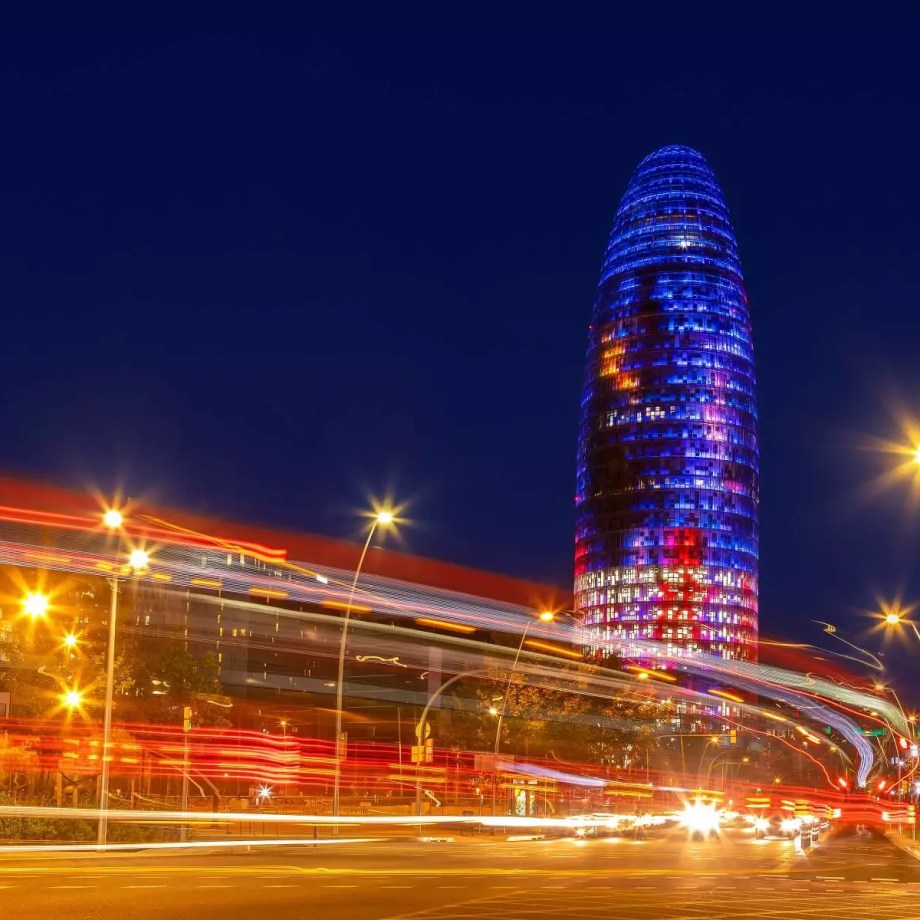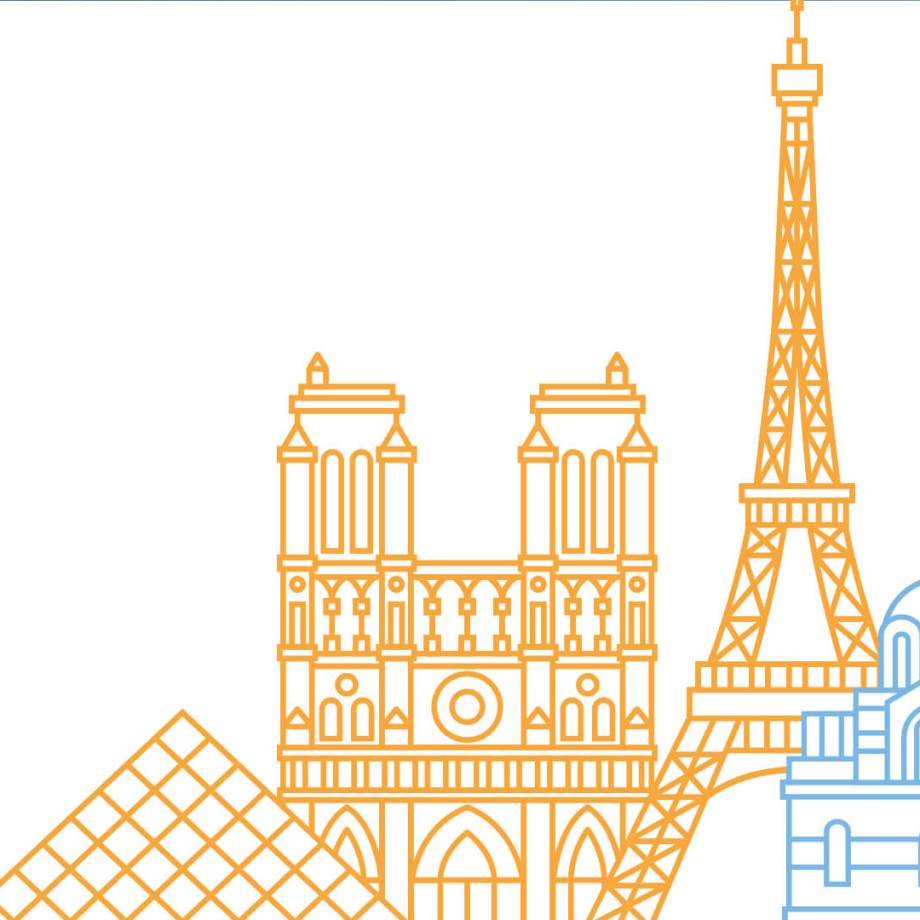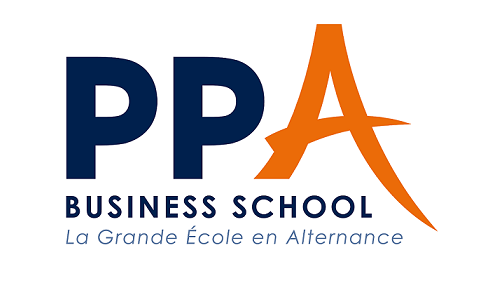In addition to the German online blocked account, Fintiba also offers the Fintiba Plus package, which includes tailor-made solutions for every step of the move to Germany.
Solutions within the Fintiba Plus package:
Visa
· German online blocked account
· Free travel health insurance
University
· Public and/or private health insurance
Learning German
· Free language learning magazines
Start in Germany
· Fintiba also offers the Fintiba Plus package
· Free choice of free current accounts
· Free SIM card
· Free Welcome Guide
· Free access to the Fintiba Companion
· Chance of an annual Fintiba Scholarship
The health insurance included in the package is adapted to the students’ individual situation based on just a few details provided by them.
















